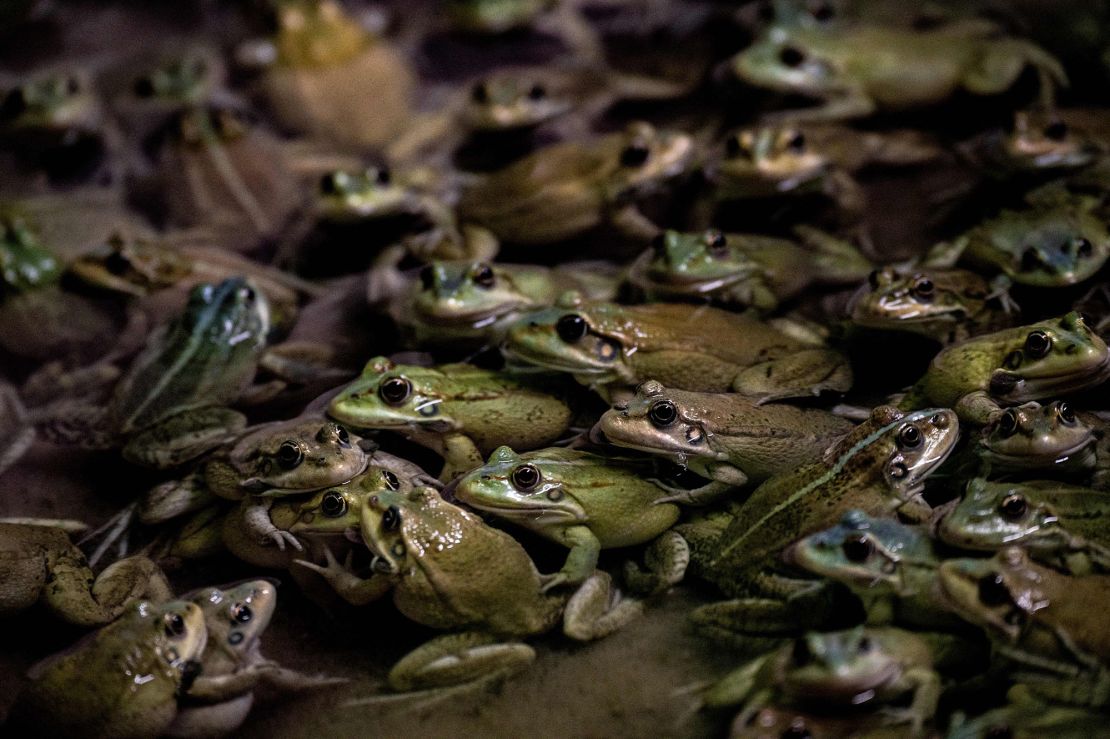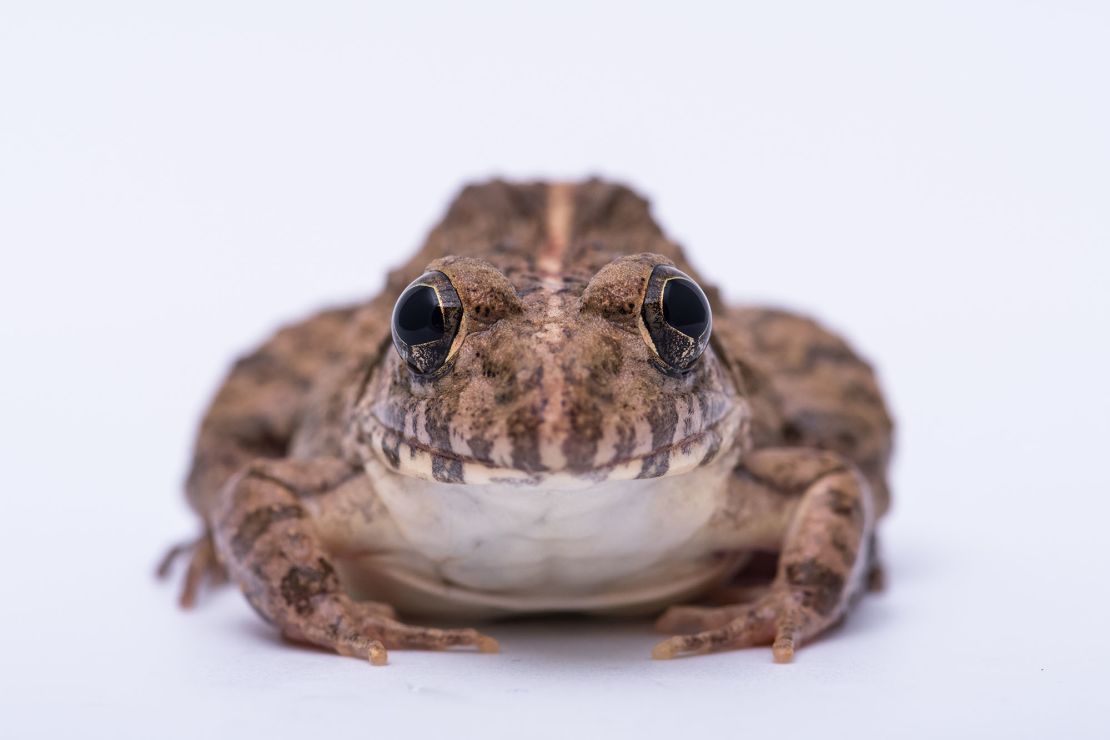The popularity of the famous French delicacy of cuisses de grenouille, or frogs’ legs, is threatening the existence of certain frog species, a group of more than 500 environmental campaigners has warned French President Emmanuel Macron.
In an open letter written to Macron earlier this month, organized by French nonprofits Robin des Bois and Vétérinaires pour la Biodiversité (Veterinarians for Biodiversity), and German charity Pro Wildlife, the 557 signatories said 4,070 tons of frozen frogs’ legs are imported into the European Union every year - equivalent to 80 million-200 million frogs, depending on the size of the species.
A joint study by Robin des Bois and Pro Wildlife found that France alone consumes more than 3,000 tons of frozen frogs’ legs a year.

The vast majority of these frogs come from wild populations in Indonesia, Turkey and Albania, the letter said, where some frog species are in significant decline. Vietnam is also a large exporter of frogs’ legs, but these frogs are typically farmed rather than wild, according to a media statement accompanying the letter.
The 557 signatories to the letter, who work in the fields of research, nature conservation and veterinary medicine, suggested France should shoulder the responsibility of protecting frog species, given that it is the country that consumes the most frogs’ legs in the EU.
According to the letter, recent studies have found that common species such as the crab-eating frog and the rice-field frog are in decline due to “intense commercial harvests and exports for many years.”

Though frog populations native to the EU are protected against “commercial exploitation” under the Habitats Directive, the letter says, this protection does not extend to species imported into the region.
“It’s absurd: the natural frog populations here in Europe are protected under EU law,” Sandra Altherr, head of science at Pro Wildlife, said in the media statement. “But the EU still tolerates the collection of millions of animals in other countries – even if this threatens the frog populations there. This is not at all in line with the EU’s recent biodiversity strategy.”
Alain Moussu, president of Veterinarians for Biodiversity, said vets joined this initiative because “they are both sensitive to the cruelty that prevails in this market and concerned about the ecological imbalances caused by the collapse of amphibian populations.” One of these imbalances, Moussu suggested, is an increase in mosquito populations, which could have a knock-on effect on human health.
The signatories called on France to develop proposals to protect declining frog species, and to ensure that the monitoring, regulation and sustainability of the trade in frogs’ legs is governed by international trade rules.
CNN has reached out to the Élysée Palace for comment.



